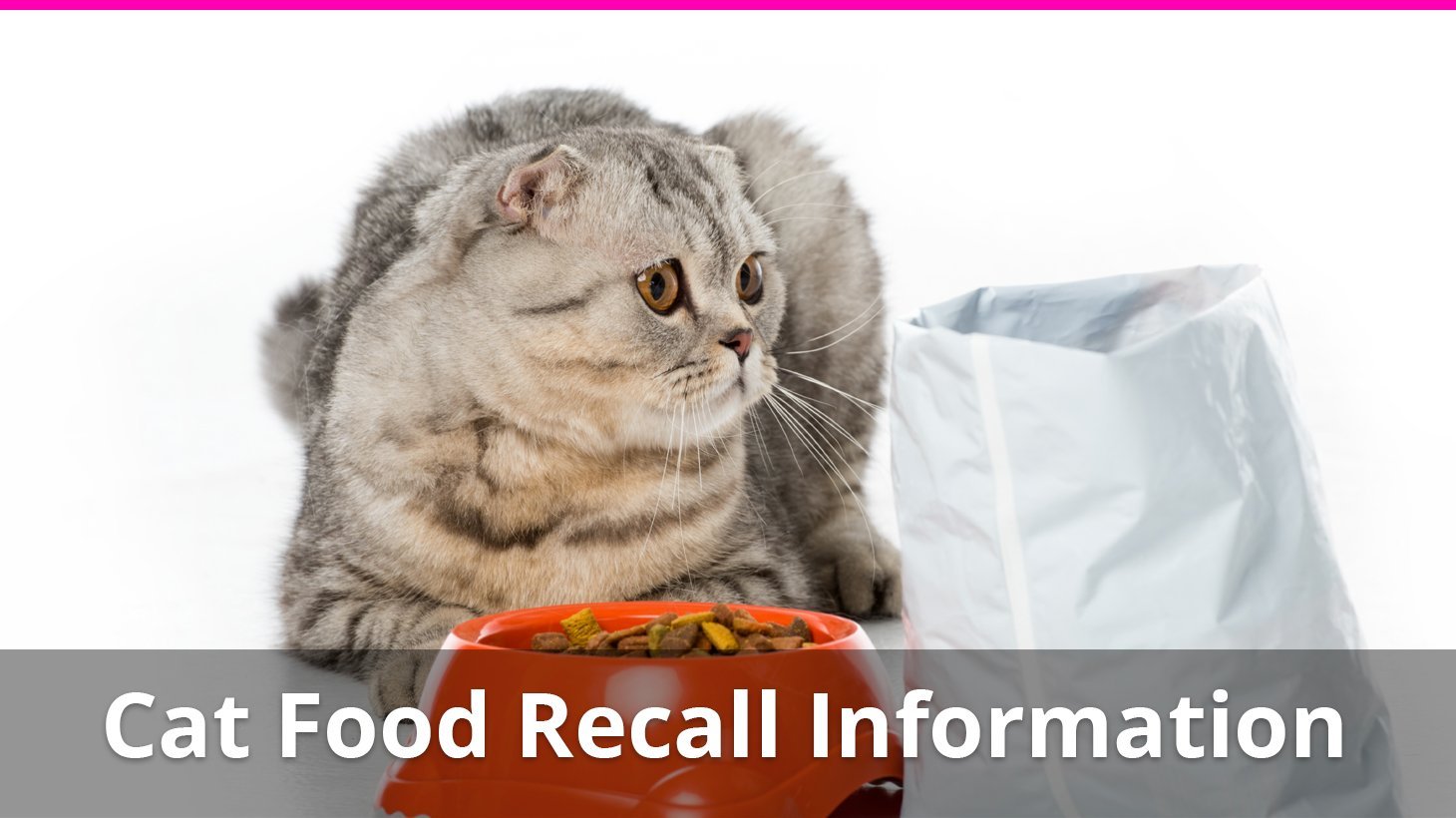Recent Cat Food Recalls

Cat food recalls – In recent months, several brands of cat food have been recalled due to various health concerns. These recalls highlight the importance of being aware of the potential risks associated with pet food and taking steps to protect your furry friend.
Cat food recalls have become increasingly common in recent years, sparking concerns about the safety of our feline companions’ meals. While some may seek solace in high-end department stores like saks neiman marcus , it’s crucial to remember that even premium brands are not immune to the risk of recalls.
Therefore, it remains essential to stay informed about potential hazards and to prioritize the well-being of our beloved pets.
Recalled Brands and Products
- Brand: Purina Pro Plan
- Type of Food: Dry cat food
- Reason for Recall: Potential for Salmonella contamination
- Date of Recall: March 28, 2023
- Brand: Hill’s Science Diet
- Type of Food: Canned cat food
- Reason for Recall: Potential for high levels of vitamin D
- Date of Recall: April 12, 2023
- Brand: Iams Proactive Health
- Type of Food: Dry cat food
- Reason for Recall: Potential for aflatoxin contamination
- Date of Recall: May 5, 2023
Potential Health Risks
The potential health risks associated with recalled cat foods vary depending on the specific contaminant. Salmonella contamination can cause gastrointestinal symptoms such as vomiting, diarrhea, and abdominal pain. High levels of vitamin D can lead to kidney problems and other health issues. Aflatoxin contamination can cause liver damage and other serious health problems.
What to Do if You Have Recalled Cat Food
If you have any of the recalled cat foods, it is important to stop feeding them to your cat immediately. You should also contact the manufacturer for instructions on how to return the food and receive a refund. Additionally, it is important to monitor your cat for any signs of illness and contact your veterinarian if you have any concerns.
Identifying Recalled Cat Foods

To ensure the safety of your feline companions, it’s crucial to be vigilant about identifying recalled cat foods. Here are some effective methods:
Checking Official Recall Lists
The Food and Drug Administration (FDA) maintains a comprehensive list of recalled pet foods, including cat food. Regularly checking this list is essential to stay informed about the latest recalls.
Other reputable sources for recall information include the American Veterinary Medical Association (AVMA) and pet food manufacturers’ websites.
Contacting Manufacturers
If you’re unsure whether a particular cat food is affected by a recall, don’t hesitate to contact the manufacturer directly. They can provide up-to-date information and guidance.
Reading and Interpreting Cat Food Labels
Pay close attention to the label of any cat food you purchase. It should clearly display the product name, brand, and lot number. If the lot number matches one listed in a recall notice, the product is affected.
Staying Informed and Protecting Your Pets
To stay abreast of cat food recalls, subscribe to email alerts from the FDA and AVMA. Additionally, follow reputable pet food brands on social media for timely updates.
If you suspect your cat has consumed recalled food, discontinue use immediately and contact your veterinarian for guidance. Early detection and intervention can help prevent serious health issues.
Choosing Safe Cat Food Alternatives

After a cat food recall, it’s essential to choose safe alternatives to ensure your feline companion’s health and well-being. This guide provides recommendations for reputable cat food brands that have maintained a clean safety record and explores the various types of cat food available, helping you make informed decisions based on your cat’s individual needs.
When selecting a new cat food, consider the following factors:
- Cat’s Age and Health: Kittens, adult cats, and senior cats have different nutritional requirements. Additionally, cats with specific health conditions may need specialized diets.
- Ingredients: Look for cat foods with high-quality protein sources, such as chicken, fish, or lamb. Avoid foods with artificial flavors, colors, or preservatives.
- Calories and Fat Content: Active cats may need higher calorie and fat content than less active cats. Overweight cats should be fed a diet lower in calories and fat.
- Cat’s Preferences: Cats can be picky eaters, so it’s important to find a food that they enjoy. Offer a variety of flavors and textures to determine your cat’s favorites.
Safe Cat Food Brands, Cat food recalls
Here are some reputable cat food brands that have not been subject to recalls:
- Blue Buffalo
- Purina Pro Plan
- Hill’s Science Diet
- Royal Canin
- Iams
Types of Cat Food
There are three main types of cat food:
- Wet Food: Wet food is high in moisture and contains more protein than dry food. It’s a good choice for cats that don’t drink enough water.
- Dry Food: Dry food is lower in moisture and higher in carbohydrates than wet food. It’s a good choice for cats that prefer to graze throughout the day.
- Specialty Diets: Specialty diets are designed for cats with specific health conditions, such as kidney disease, diabetes, or allergies.
It’s concerning to hear about cat food recalls, as our furry friends rely on us for their well-being. However, it’s encouraging to see news like Saks buying Neiman Marcus , which shows that businesses are adapting to changing consumer preferences.
Nonetheless, it’s crucial to stay vigilant and monitor cat food recalls to ensure our feline companions’ safety.